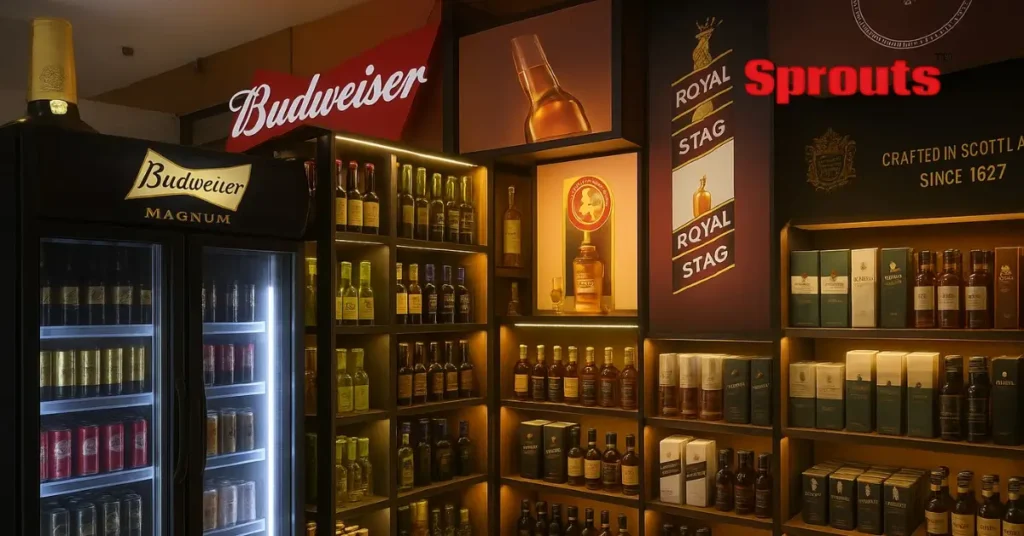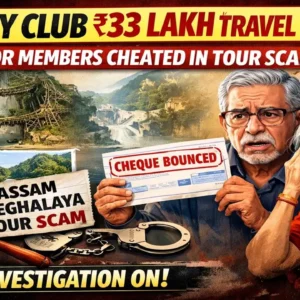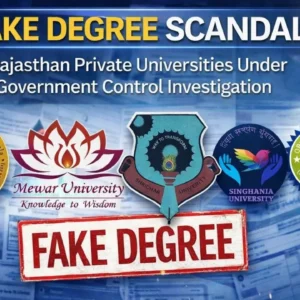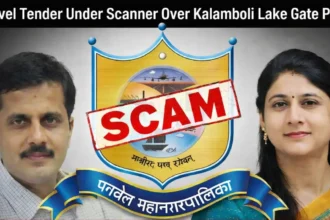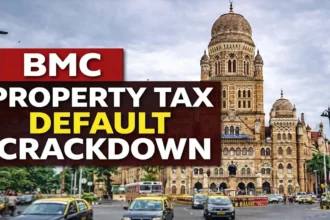50-Year Ban on Liquor Shop Expansion Lifted
• Maharashtra’s Liquor Policy Change Sparks Conflict of Interest Debate
• Sprouts SIT Flags Favoritism in Maharashtra’s Liquor Policy Shift
• Sprouts SIT Reveals Industry-Political Nexus
Unmesh Gujarathi
Sprouts News Exclusive
Contact: +91 9322755098
- 50-Year Ban on Liquor Shop Expansion Lifted
- • Maharashtra’s Liquor Policy Change Sparks Conflict of Interest Debate
- • Sprouts SIT Flags Favoritism in Maharashtra’s Liquor Policy Shift
- • Sprouts SIT Reveals Industry-Political Nexus
- Liquor Policy Shock: 328 new retail liquor licenses to be issued after decades
- Ajit Pawar Heads Committee Despite Son’s Involvement in Liquor Business
- Licenses Favor Liquor Companies, Not Public Applications
- Experts, Citizens Voice Concerns Over Policy Shift
- Also Read: CBI Cracks Down on NMC Bribery Network: Rs 1,000 Crore Medical Scam Unveiled.
- Conflict of Interest Clouds Governance Credibility
The Maharashtra government has lifted a 50-year freeze on liquor shop licenses, approving 328 new outlets to boost revenue. A committee headed by Ajit Pawar—whose son is linked to a liquor firm—raises conflict of interest concerns. Sprouts SIT highlights fears of favoritism and lack of transparency in license allocation.
Liquor Policy Shock: 328 new retail liquor licenses to be issued after decades
After a 50-year pause on the issuance of new liquor retail licenses in Maharashtra, the state government has announced a major policy shift. In a move aimed at boosting revenue, 328 new licenses will now be granted across the state, marking a 19% increase in retail alcohol outlets.
This decision comes as part of a broader effort to increase excise revenue, currently the fourth-largest contributor to the state’s coffers at approximately ₹43,000 crore. With expenses rising under schemes like ‘Mukhyamantri Majhi Ladki Bahin’, the government is exploring new avenues to raise income. A committee led by Deputy Chief Minister and Excise Minister Ajit Pawar has been tasked with implementing this strategy.
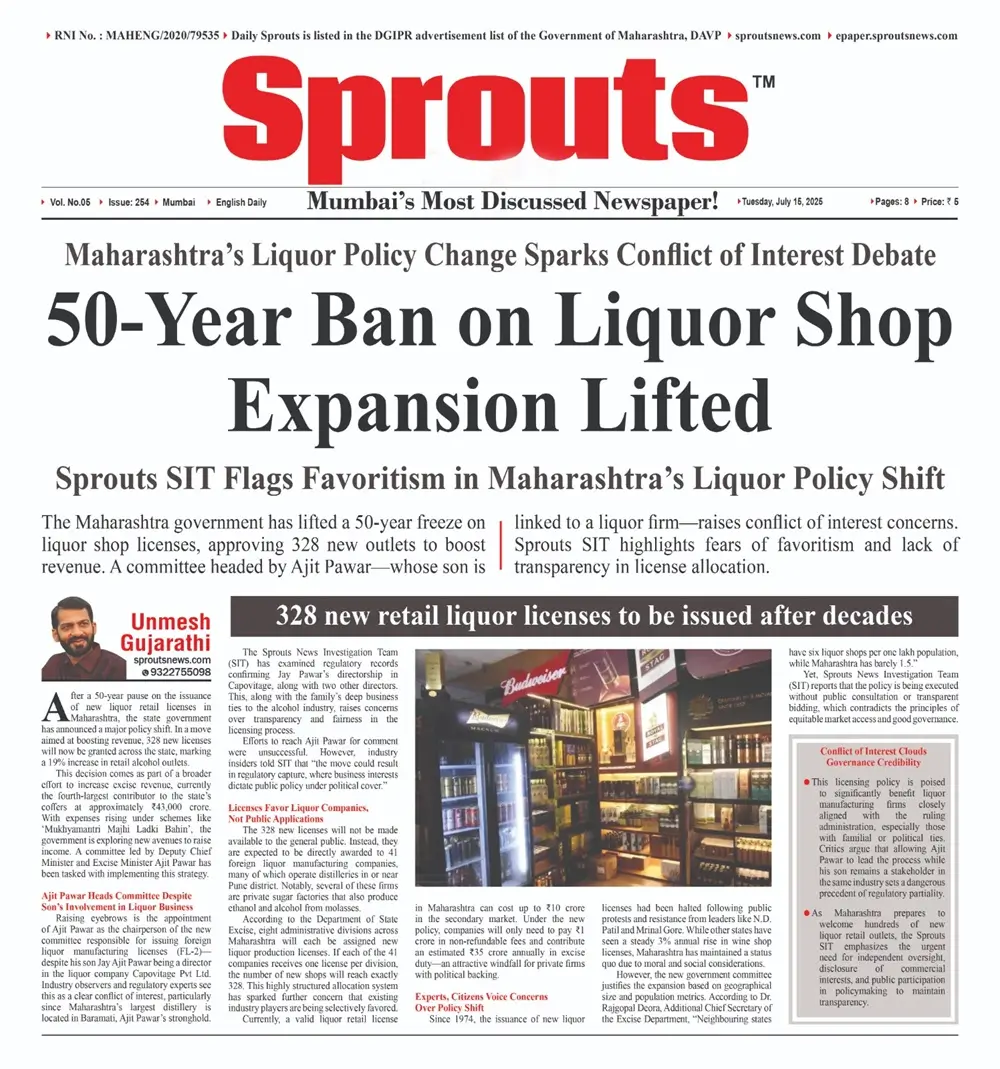
Click Here To Download the News Attachment
Ajit Pawar Heads Committee Despite Son’s Involvement in Liquor Business
Raising eyebrows is the appointment of Ajit Pawar as the chairperson of the new committee responsible for issuing foreign liquor manufacturing licenses (FL-2)—despite his son Jay Ajit Pawar being a director in the liquor company Capovitage Pvt Ltd. Industry observers and regulatory experts see this as a clear conflict of interest, particularly since Maharashtra’s largest distillery is located in Baramati, Ajit Pawar’s stronghold.
The Sprouts News Investigation Team (SIT) has examined regulatory records confirming Jay Pawar’s directorship in Capovitage, along with two other directors. This, along with the family’s deep business ties to the alcohol industry, raises concerns over transparency and fairness in the licensing process.
Efforts to reach Ajit Pawar for comment were unsuccessful. However, industry insiders told SIT that “the move could result in regulatory capture, where business interests dictate public policy under political cover.”
Licenses Favor Liquor Companies, Not Public Applications
The 328 new licenses will not be made available to the general public. Instead, they are expected to be directly awarded to 41 foreign liquor manufacturing companies, many of which operate distilleries in or near Pune district. Notably, several of these firms are private sugar factories that also produce ethanol and alcohol from molasses.
According to the Department of State Excise, eight administrative divisions across Maharashtra will each be assigned new liquor production licenses. If each of the 41 companies receives one license per division, the number of new shops will reach exactly 328. This highly structured allocation system has sparked further concern that existing industry players are being selectively favored.
Currently, a valid liquor retail license in Maharashtra can cost up to ₹10 crore in the secondary market. Under the new policy, companies will only need to pay ₹1 crore in non-refundable fees and contribute an estimated ₹35 crore annually in excise duty—an attractive windfall for private firms with political backing.

Experts, Citizens Voice Concerns Over Policy Shift
Since 1974, the issuance of new liquor licenses had been halted following public protests and resistance from leaders like N.D. Patil and Mrinal Gore. While other states have seen a steady 3% annual rise in wine shop licenses, Maharashtra has maintained a status quo due to moral and social considerations.
However, the new government committee justifies the expansion based on geographical size and population metrics. According to Dr. Rajgopal Deora, Additional Chief Secretary of the Excise Department, “Neighbouring states have six liquor shops per one lakh population, while Maharashtra has barely 1.5.”
Yet, Sprouts News Investigation Team (SIT) reports that the policy is being executed without public consultation or transparent bidding, which contradicts the principles of equitable market access and good governance.
Also Read: CBI Cracks Down on NMC Bribery Network: Rs 1,000 Crore Medical Scam Unveiled.
Conflict of Interest Clouds Governance Credibility
This licensing policy is poised to significantly benefit liquor manufacturing firms closely aligned with the ruling administration, especially those with familial or political ties. Critics argue that allowing Ajit Pawar to lead the process while his son remains a stakeholder in the same industry sets a dangerous precedent of regulatory partiality.
As Maharashtra prepares to welcome hundreds of new liquor retail outlets, the Sprouts SIT emphasizes the urgent need for independent oversight, disclosure of commercial interests, and public participation in policymaking to maintain transparency.


